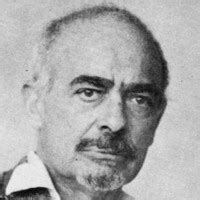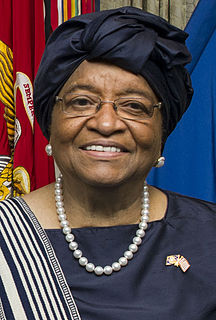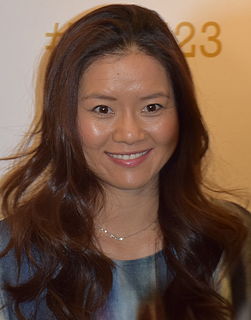A Quote by Karl Lagerfeld
I had nearly finished school because I was making effort not that bad on that. But there was a law in Germany after the war. You could not make your final examination before 18, so lots of people who were late because of the way had to do it first.
Related Quotes
People think I am unemotional because my voice is flat and a bit boring. It is unfortunate but it is just the way it is. I've tried to change it but it doesn't seem to make a difference. The truth is, I have lots of emotions inside. I cried after the semi-final at Wimbledon [2012] because I was proud to reach the final and I knew how much it meant to the country. I cried after the [losing] final [to Federer], too, for different reasons. I felt I had let people down. I think people warmed to that. They could see how much it hurt.
In war, in some sense, lies the very genius of law. It is law creative and active; it is the first principle of the law. What is human warfare but just this, - an effort to make the laws of God and nature take sides with one party. Men make an arbitrary code, and, because it is not right, they try to make it prevail by might. The moral law does not want any champion. Its asserters do not go to war. It was never infringed with impunity. It is inconsistent to decry war and maintain law, for if there were no need of war there would be no need of law.
Once the war began, the government could do anything 'necessary' to win it; so it was with the 'final solution of the Jewish problem,' which the Nazis always talked about but never dared undertake, not even the Nazis, until war and its 'necessities' gave them the knowledge that they could get away with it. The people abroad who thought that war against Hitler would help the Jews were wrong. And the people in Germany who, once the war had begun, still thought of complaining, protesting, resisting, were betting on Germany's losing the war. It was a long bet. Not many made it.
My calling was first of all to ensure there was peace in the country, because we could easily have gone back to war. In the midst of the country, there were still warlords; there were many child soldiers who had never gone to school - they were part of the social setting - compromises had to be made.
When you go to war as a boy you have a great illusion of immortality. Other people get killed; not you. . . . Then when you are badly wounded the first time you lose that illusion and you know it can happen to you. After being severely wounded two weeks before my nineteenth birthday I had a bad time until I figured out that nothing could happen to me that had not happened to all men before me. Whatever I had to do men had always done. If they had done it then I could do it too and the best thing was not to worry about it.
When I turned 11, we had to leave East Germany overnight because of the political orientation of my father. Now I was going to school in West Germany, which was American-occupied at that time. There in school, all children were required to learn English and not Russian. To learn Russian had been difficult, but English was impossible for me.
I'd been influenced by reading books on art and colonies that existed in Paris and places like that and so when I came to Europe I came to France and I had very little money, and I had to live low and stayed in a bohemian section of Paris with a lot of other students, who were from medical school, science school and art school. We all lived in a kind of communal way and I was challenged politically, because I didn't have a clue and they would ask me questions about the Algerian War, which was very big in France in the late '50s.





































